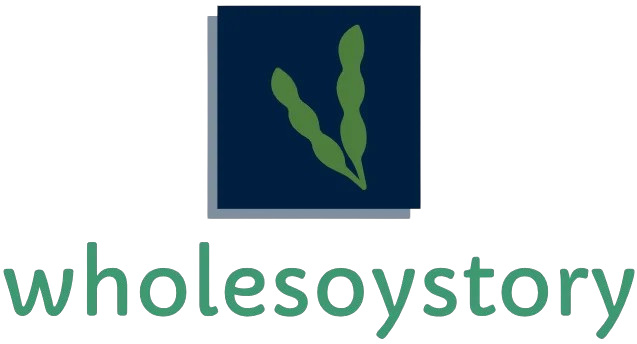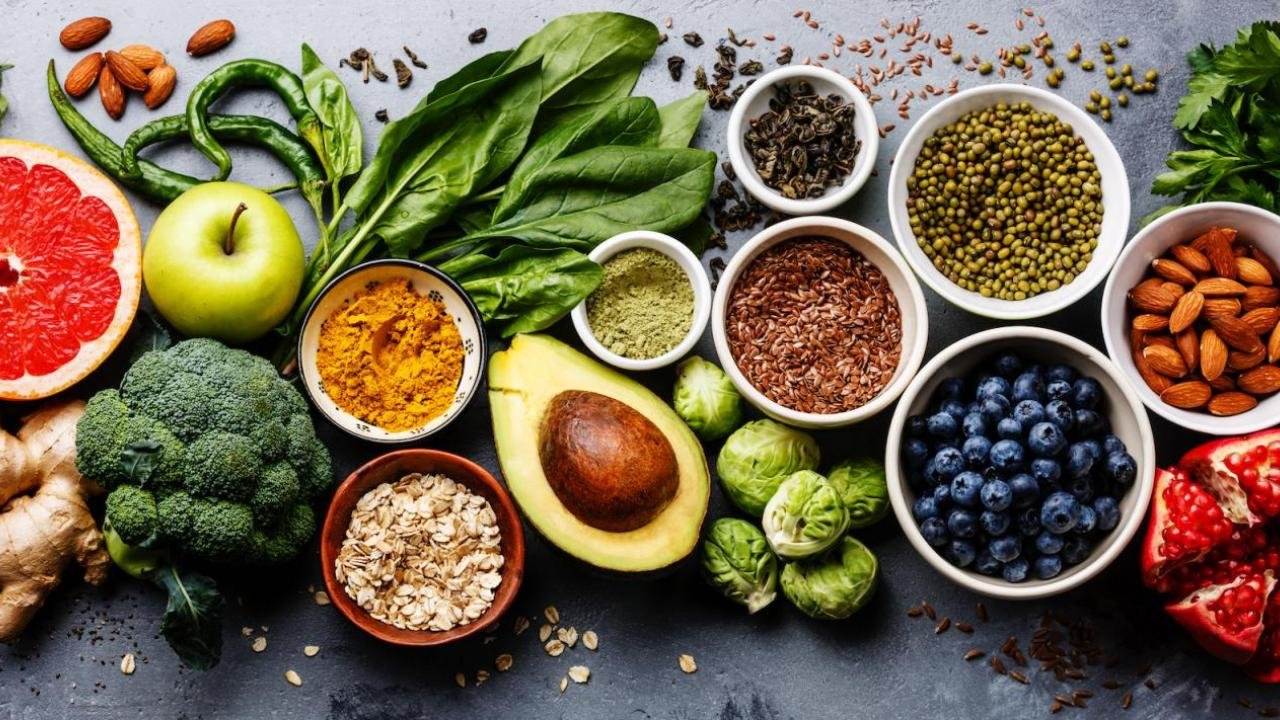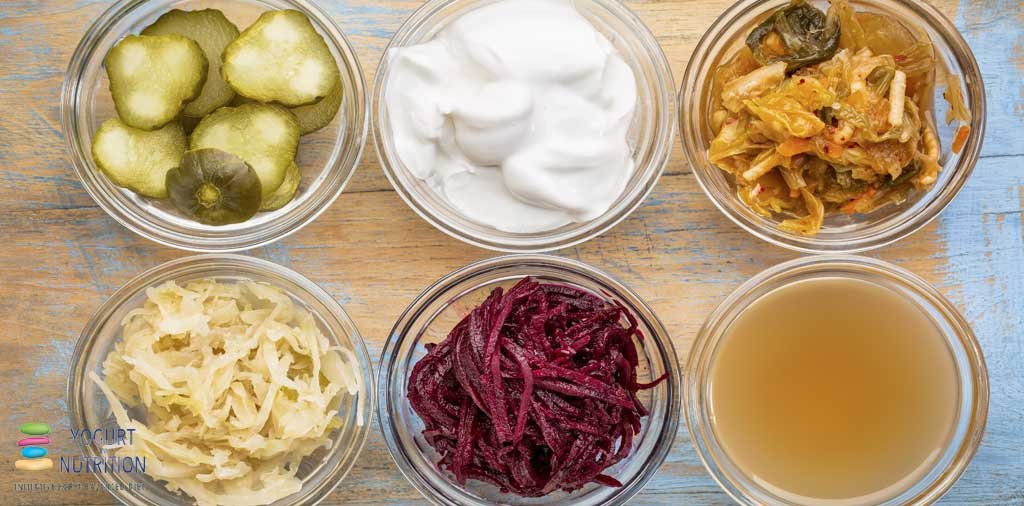The Nutritional Benefits of Soy
Soy products are increasingly recognized for their rich nutritional profile, making them a valuable addition to any diet, particularly for vegetarians and vegans. One of the most notable benefits of soy is its high protein content. Soy proteins are considered complete proteins, meaning they contain all nine essential amino acids that the human body cannot produce on its own. This quality makes soy an excellent meat substitute, providing a robust protein source without the saturated fats found in animal products.
In addition to protein, soy products are packed with essential vitamins and minerals. They are particularly high in B vitamins, iron, calcium, and potassium, which play crucial roles in maintaining overall health. For example, calcium is vital for bone health, while iron is essential for oxygen transport in the blood.
Soy also offers significant benefits for heart health. Regular consumption of soy products has been shown to lower LDL cholesterol levels, commonly referred to as “bad” cholesterol. The isoflavones found in soy may help improve blood vessel function, reducing the risk of heart disease. Furthermore, soy’s low saturated fat content makes it an excellent choice for those looking to maintain cardiovascular health.
Another important aspect of soy is its role in weight management. Soy products are generally low in calories and high in fiber, which can help promote a feeling of fullness and reduce overall calorie intake. This makes soy a beneficial component of a weight-loss or weight-maintenance diet.
Moreover, soy contains isoflavones, which are phytoestrogens that may reduce the risk of certain cancers, particularly breast and prostate cancer. These compounds can act as antioxidants, protecting cells from damage.
Common soy products include tofu, tempeh, soy milk, and edamame. Tofu is rich in protein and calcium, making it great for bone health. Tempeh, a fermented soy product, is high in probiotics, which support gut health. Soy milk offers a dairy-free alternative rich in essential nutrients, while edamame provides a convenient, protein-packed snack. Each of these products contributes uniquely to a balanced and nutritious diet.
Creative and Delicious Ways to Use Soy in Your Diet
Soy products are remarkably versatile, making them a valuable addition to a wide array of culinary creations. From savory dishes to sweet treats, soy can be seamlessly integrated into various meals, enhancing both flavor and nutrition. One of the most popular soy-based dishes is tofu stir-fry. Tofu, known for its ability to absorb flavors, can be marinated and stir-fried with vegetables and sauces to create a delightful, protein-rich meal. For an extra burst of flavor, consider adding ginger, garlic, and a splash of soy sauce.
Tempeh, another soy product, is perfect for hearty meals like tacos. Its firm texture and nutty taste make it an excellent meat substitute. Crumble tempeh into a skillet with taco seasoning, and pair it with fresh vegetables and tortillas for a delicious, plant-based taco night. Soy milk, a popular dairy alternative, can be used in smoothies to add creaminess and a subtle soy flavor. Blend soy milk with fruits, spinach, and a touch of honey for a nutritious and refreshing drink.
Miso soup, a traditional Japanese dish, highlights the umami-rich flavor of miso paste, made from fermented soybeans. Combine miso with dashi broth, tofu cubes, and seaweed for a comforting and healthy soup. Soy’s versatility extends beyond savory dishes; it can also be used in desserts. Try making soy-based puddings or incorporating soy milk into baked goods for a unique twist.
To fully enjoy soy products, it’s essential to know how to prepare and cook them correctly. For tofu, pressing out excess water before cooking helps achieve a better texture. Tempeh benefits from steaming or simmering before use to reduce its natural bitterness. Storing soy products properly ensures maximum freshness. Tofu and tempeh should be kept in the refrigerator and used within a week of opening, while unopened soy milk can be stored in a cool, dry place.
Soy has deep roots in various regional cuisines, such as Asian and Latin American dishes, where it is celebrated for its versatility and sustainability. As an eco-friendly protein source, soy supports a more sustainable food system. Quality soy products can be found at most grocery stores, health food stores, and online retailers. By incorporating soy into your diet, you can enjoy its many benefits while exploring a world of delicious culinary possibilities.









